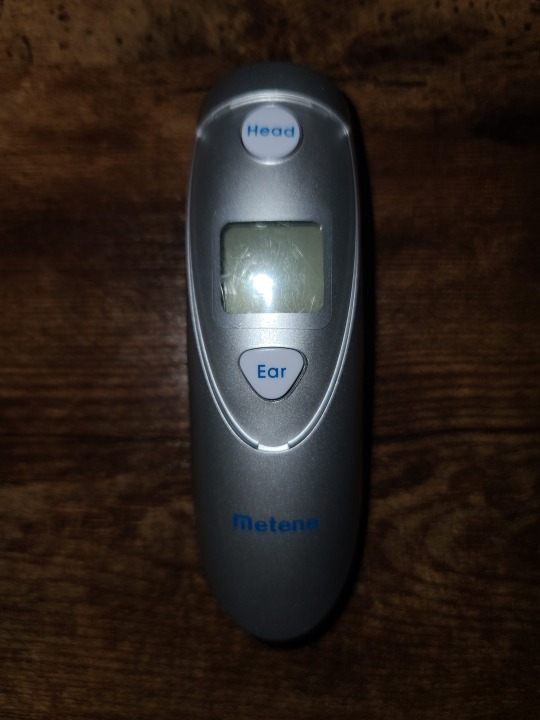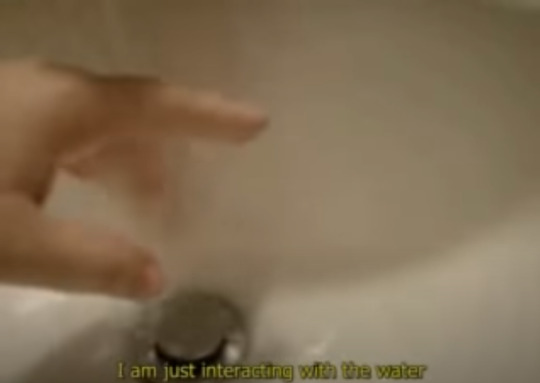Video
youtube
I really appreciate the discussion of internal/invisible obsession compulsion cycles in this video. They’re just as fucking exhausting as more material obsession compulsion cycles. Like, one of my more recent obsessions has been the fear of having some kind of sudden cognitive decline so I constantly replay what I just did in my head to make sure I can still remember things and I’m not developing memory issues. That shit is exhausting man.
0 notes
Text
OCD and “Sick Woman Theory”
My OCD is obstinate, obtrusive, and at times debilitating. My obsessive compulsive body-mind is hyper-aware of the way violence may press into my body. My OCD notices the specters of violence and pain around me, not the ones that follow violence, but rather the ones that precede them, the before-image, not the afterimage. My OCD sees the specters of hospitalization, of pain, of sorrow, and it seeks to expunge them before they gather the force of matierality and manifest before me.
Here, reading my OCD with Johanna Hedva's "Sick Woman Theory" is particularly generative. My obsessive compulsive body-mind is always on the defensive, and as such I am "always vulnerable" (Hedva). Insofar as "Sick Woman Theory maintains that the body and mind are sensitive and reactive to regimes of oppression," my obsessive compulsive body-mind is sensitive to the possibility of violence (Hedva). My OCD isn't exactly praxis, however. It doesn't contextualize the violences it fears. It only sees them as an individual experience. By holding Sick Woman Theory and my OCD in tension and tandem with one another, I'm able to reveal the contexts from which my obsessions arise. My obsessions surrounding hospitalization and chronic illness arise out of the context of the medical industrial complex, out of the fear that the medical industrial complex, capitalist and profit driven as it is, will never exactly protect me or make me safe. And if I can't pay, it will turn me away. Even my seemingly innocent obsessions, such as jinxing myself, stem from the original fear that life cannot, will not possibly turn out the way that I want and need it to under capitalism. The obsessions and fears I experience due to my OCD, even though they seem perfectly natural during an obsessive-compulsive episode, really aren't. They arise from the violences written into the structures around us, and beyond pointing toward a need for personal safety, they point toward the necessity of tackling these structures in the first place.
0 notes
Text
It’s Tiring
My OCD is not my superpower. A defense mechanism maybe, but not a superpower. I don't resent it. I really don't. If anything, I'm sympathetic. I have a certain tenderness toward my OCD. It wants so badly to protect me. It sees all the dangers, large and small, in my life and tries to usher me toward safety. My OCD wants me to nip any medical condition in the bud before it progresses, before it becomes a real problem. My OCD doesn't want me to fall asleep with the door unlocked. My OCD doesn't want me to get caught somewhere without a bathroom. And so I google symptoms, check the doors, pee and pee again, knock on wood, quadruple check every email I send and assignment I submit. My OCD just wants me to be safe; it wants to shield me from the world. My OCD wants to swaddle me. But, in protecting me from the world, my OCD makes everything into a threat. I can't possibly predict what my next obsessions will be, but assuaging them is always consuming. I spend hours at a time trying to make myself safe against the new, terrifying threat. The work of safety is exhausting.
0 notes
Text
Obsessions and Objects
The thermometer tells me my right ear canal is one degree warmer than my left. It does so every time I take my temperature. Left, 98.3 degrees; right, 99.3. Do I have a fever? I'm scared I have a fever. I take my temperature again. 98.5 and 99.7. Is it a fever if it is only in the right ear? I don't feel sick, or at least I don't think I'm sick, or at least I'm scared I may be sick and asymptomatic, as if I have some fever that I can't feel but still speaks through the thermometer to tell me that my body is burning alive something dangerous within me. I take my temperature again.

I realize, eventually, this is just another OCD episode, that it is not normal to, for a half hour, jab the thermometer into my ears left and right left and right to hear what it has to tell me. I stop, eventually, not exactly convinced of my health. It's more just that I'm not worried anymore. Or maybe it's that I'm not scared anymore. Maybe the word is scared.

If this thermometer episode taught me anything, I think it is that my OCD is mediated by objects. Some intrusive thought comes, and it captivates me. I worry that I'm running a fever. That my door is unlocked. And every time, I turn to some object to tell me the fear is wrong. The thermometer tells me I'm not actually running a fever; the door tells me it is locked. I believe them, for a time. Then I doubt them, and I have to check again. They tell me, infallibly, the same thing. I try to believe them.

As my OCD listens and talks back to objects, I'm thinking of Amanda Baggs's work, "In my Language." Baggs's video shows the conversational nature of objects, how they may be spoken to, spoken with. Baggs communes with objects. In concert with a slinkie, a faucet and some flowing water, Baggs communes with objects to form a language that, at once, flows between them and the object and them and the audience. On a very material level, I find Baggs's work deeply meaningful. Their acknowledging the communicative capacities of objects pushes back against my OCD's constant doubting of the material world. Baggs's work tells me to slow down, to listen not just to my head and my thoughts but to listen to the objects they pertain to, to hear the way they talk to and of objects and how the objects push back against them. My prior relational model with objects was wrong. I didn't really listen to them. I weighed them against what I was thinking and feeling and decided my thoughts were more correct every single time. Now, I am more prepared to hear what the objects have to say, to acknowledge that the thermometer is right when it says I'm not running a fever, that the door really is locked.
0 notes
Text
Another Kind of Haunting
It's in the middle of a reading for class that I realize my hair is falling out. It comes like a revelation and I'm already up and at my mirror pushing my curls back to evaluate my hairline. No, it's still the same shape, my forehead doesn't look any bigger, so I'm probably good. Satisfied, I sit down and settle into the reading again. And it hits me. That doesn't mean anything. Hair loss takes weeks, months. So I consider starting a photo diary. I'll just take a picture of my hairline every day, and after a while it'll be obvious if my hairline is receding or not. It is only after I've brought the camera up to my face, my thumb held over the shutter that I realize what I'm doing. My therapist says they're intrusive thoughts and obsessive compulsive tendencies. They come into my mind from some part of my brain that I can't reach, that is capable only of transmitting, never receiving. They're not me, but they're also not not me. They're more like a ghost who comes begging to be exorcised, sent back from whence they came. But doing so only admits that they were here in the first place.
1 note
·
View note